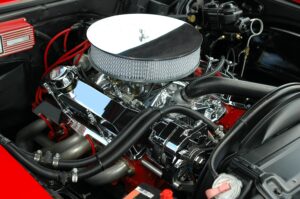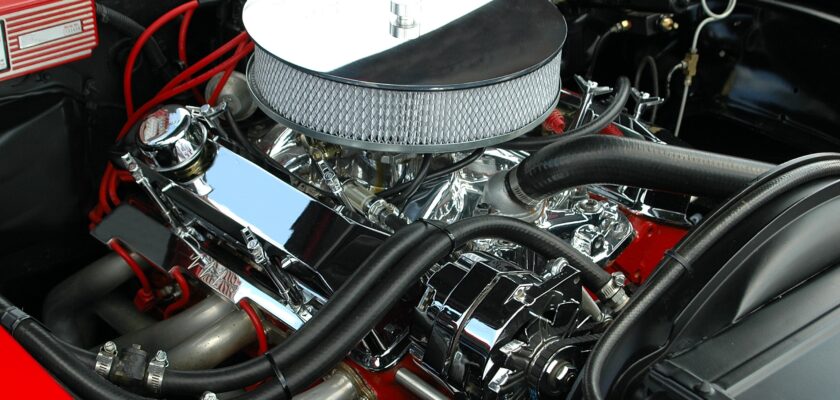The love between mankind and cars is beyond comprehension. For car fanatics, like myself, cars are one of the few things which matter foremost to us. It’s not almost owning a sporty, stylish car. It’s far more than that.
It’s about the sensation you get once you check out one. That feeling once you sit behind the wheel and appearance into the empty expanse ahead of you. That feeling when all that matters is how far are you able to go.
It’s exactly like that feeling when the moving wind hits your face, and causes you to feel more alive than ever. Cars aren’t just a bit of machinery. They’re an extension of who we are.

And that is why we keep inventing new technologies for this beast of a vehicle. the maximum amount as we love cars, we can’t deny one fact: they’re harming the environment. Now, obviously we just can’t stop using them altogether. So evidently, we come up with new ways, every now then , to stop these vehicles from degrading the environment.
Biofuels, CNGs, Electric Cars, every decade approximately , humans come up with other ways to reduce/stop the harmful emissions coming from these automobiles. And with all kinds of different technologies getting used in making them better, it had been just a matter of your time , before someone tried an entire new concept altogether.
Which is why now we’ve solar-powered cars as a probable solution to all or any our problems. At the surface, this mix seems pretty easy. However, on an extra probation to its fundamental level will offer you the solution on why this technology remains a far-fetched dream.
First let’s mention its immediate rival: the electrical car. Now here’s a stimulating piece of trivia which many of you would possibly haven’t considered. We all know electric cars run on batteries. With no greenhouse emission emissions, these cars are also termed because the life-savers of the environment.
However most of the people tend to overlook the very fact that when charging these cars, the electricity required springs from the traditional methods of power production: thermal (using coal) and hydro (involving water). So, basically we are burning up extra coal to charge our electric cars. once you check out it this manner , you’ll now see an entire different picture.
Things don’t always seem the way they’re . So, technically we can’t just call electric vehicles a sustainable for of transportation. And this is often one among the debatable points within the ongoing discussion of promotion of e-cars in Germany.
Now returning to the subject , so how do solar-powered cars function? Solar cars depend upon a solar battery that uses photovoltaic cells (PV cells) to convert sunlight into electricity.
Unlike solar thermal energy which converts solar power to heat, PV cells directly convert sunlight into electricity. When sunlight (photons) strike PV cells, they excite electrons and permit them to flow, creating an electrical current. However, here’s where things take a drop. Commercial solar panels are known to be only 15-18% efficient.
As per claims, a prototype solar car can generate 860W by solar cells — that’s 1.15 horsepower, while the entire power of the car is 122 horsepower. as compared , the facility generated using solar cells is paltry with reference to the specified power.
The proposed design of creating a solar car is by mounting a skinny layer of solar panels on the roof, bonnet and boot of the car, thereby giving maximum exposure to the sun’s rays. Even then, the facility created and stored is simply about enough to travel a couple of miles. Another factor to be considered here is that the price of those cars. If they really attend production status, the asking price may never recuperate the incurred costs.
So to sum it all up, there are various obstacles within the way and tons of loopholes to be covered before these cars attain commercial viability. Yes, the technology is state-of-the-art and quite revolutionary.
With zero toxic by-products, solar powered cars are often our only solution to the environmental problem. But until that arrives, we need to cope with what we’ve . For if anything, then a minimum of we will enjoy the very fact that our problems of today, can always be solved by the instruments of tomorrow.

